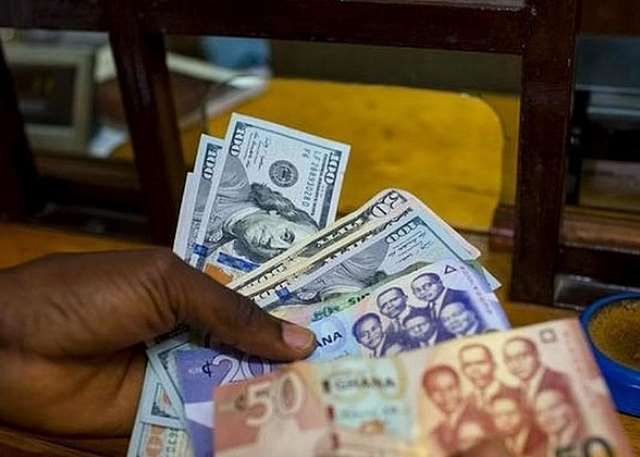The Ghanaian Cedi has demonstrated a sustained period of appreciation against the United States dollar, reaching a buying rate of GHS12.77 and a selling rate of GHS13.50 per dollar as of Tuesday, May 13, 2025. This positive trend signals a strengthening of the Cedi and potentially reflects improved economic conditions within Ghana. The data, sourced from Cedirates.com, a reliable platform for currency and fuel information in Ghana, provides a snapshot of the Cedi’s performance across various exchange platforms, including forex bureaus and the interbank market. This appreciation can have significant implications for Ghana’s import and export markets, affecting the prices of goods and services and potentially influencing inflation.
Forex bureaus, which cater to individuals and smaller businesses, offer slightly different rates compared to the interbank market. These bureaus quoted a buying rate of GHS13.30 for those exchanging dollars for cedis and a selling rate of GHS13.85 for those converting cedis to dollars. The difference between buying and selling rates, known as the spread, represents the bureau’s profit margin. The interbank market, where larger financial institutions trade currencies, offered a narrower spread, with a buying rate of GHS12.88 and a selling rate of GHS12.90 per dollar. The tighter spread in the interbank market reflects the larger volumes of currency traded and the lower transaction costs associated with these transactions.
The Cedi’s performance against other major currencies, such as the British Pound and the Euro, also showed a favorable trend. The average exchange rate for the British Pound stood at GHS16.75 for those buying Cedis with Pounds and GHS17.84 for those selling Cedis for Pounds. Similarly, the Euro traded at GHS14.09 for those exchanging Euros for Cedis and GHS15.03 for those converting Cedis to Euros. The Bank of Ghana’s interbank rates for the Pound and Euro were GHS17.04 and GHS14.34, respectively, further illustrating the generally tighter spreads observed in the interbank market.
Money transfer services like LemFi and Afriex offer competitive rates for remittances to Ghana. For dollar transfers from the US or the UK, LemFi offered a rate of GHS12.97 per dollar, while Afriex provided a slightly more attractive rate of GHS12.34 per dollar. This difference in rates highlights the competition within the remittance market and provides consumers with options to choose the most cost-effective service. For Pound transfers, LemFi’s rate was GHS17.20, and Afriex offered GHS16.49. Euro transfers saw Afriex offering GHS13.94 per Euro, while LemFi provided a rate of GHS14.44 per Euro. These varying rates reflect the different operational costs and business models of each transfer service.
The exchange rates for digital subscription payments, such as those for Netflix, Spotify, or Apple Music, utilizing Visa and Mastercard, were also relatively competitive. Visa transactions were processed at a rate of GHS13.91 per dollar, while Mastercard transactions were processed at GHS13.86 per dollar. These rates are typically influenced by the card networks’ own exchange rate mechanisms and fees, which can differ slightly from the rates offered by forex bureaus or money transfer operators.
In summary, the Ghanaian Cedi experienced a period of appreciation against major international currencies, including the US dollar, British Pound, and Euro. This positive trend was reflected across different exchange platforms, including forex bureaus, the interbank market, money transfer services, and digital payment platforms. The competitive landscape within the financial services sector provided consumers with a range of options for currency exchange and remittances, with varying rates reflecting different business models and operational costs. This appreciation of the Cedi can have broad implications for the Ghanaian economy, influencing import and export prices, impacting inflation, and potentially affecting investment decisions. The continued monitoring of these exchange rates will be crucial for businesses, individuals, and policymakers alike.














